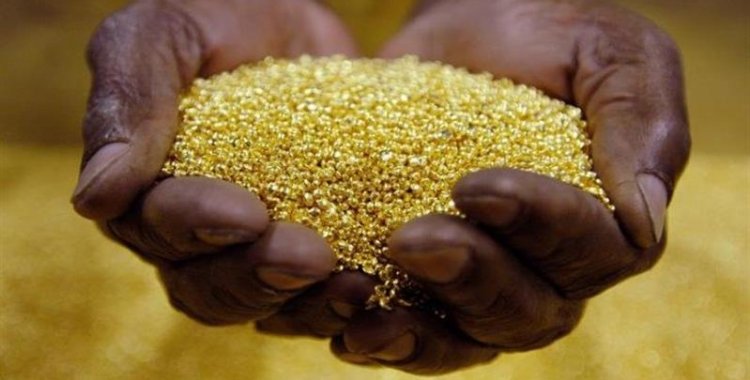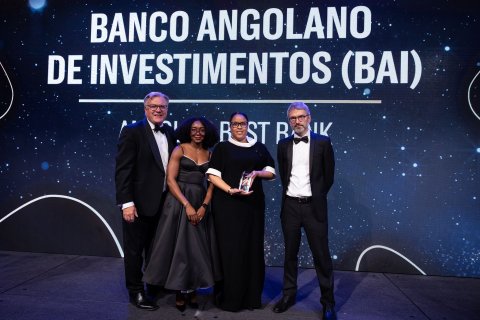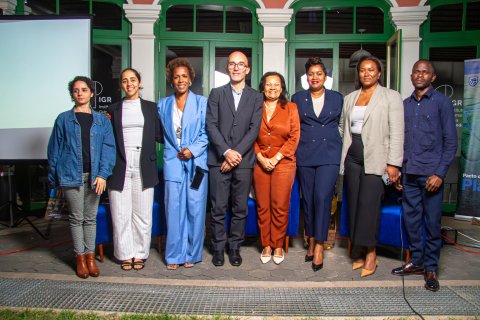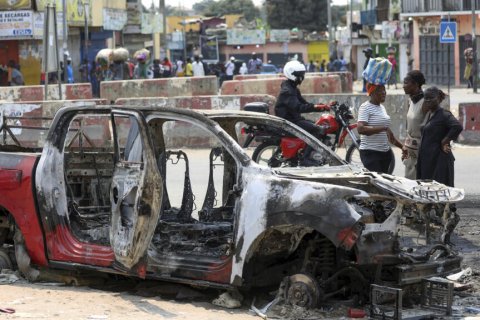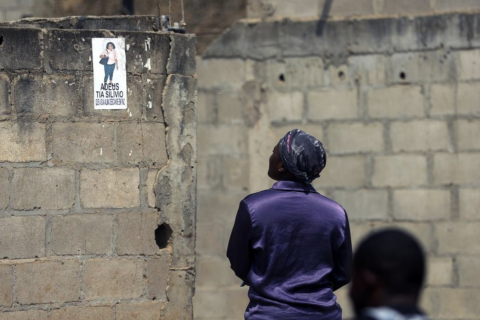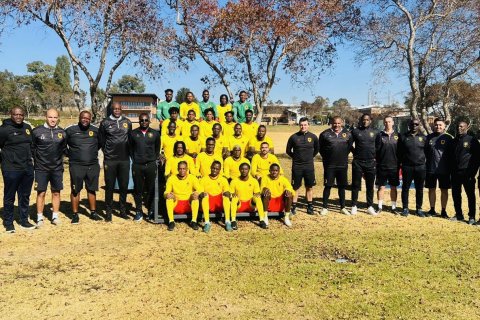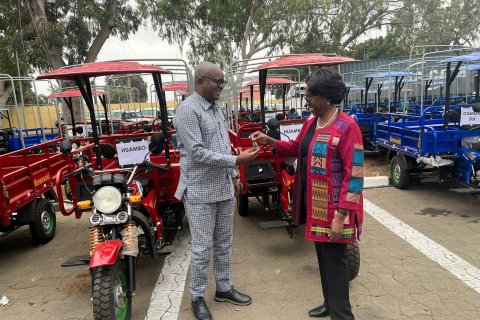The National Authority for Economic Inspection and Food Safety (ANIESA), which began raising awareness among sellers of precious metals and stones in the São Paulo Market, in Luanda, said that the initiative falls within the scope of the latest mutual evaluation of the Group of International Financial Action (FATF), which detected "some insufficiencies".
ANIESA officials stated that the excess circulation of cash in the informal segment of the sale of precious metals makes this market vulnerable to money laundering.
"The majority of transactions in the informal market are still carried out in kind and this causes some concern to the Angolan State because it is an extremely sensitive sector, vulnerability here is high, vulnerabilities cause us a lot of concern", admitted, this Tuesday, Soraia de Sousa, ANIESA inspector.
Angola "is under this assessment (by the FATF) because of Angola's possible entry into the gray list and we are doing everything, with the other financial control bodies, to prevent the country from entering this list", highlighted the inspector.
Soraia de Sousa, ANIESA's focal point in the fight against money laundering, explained that it is this body's responsibility to address "insufficiencies in economic activity", especially in supervising the sale of precious metals and stones, in the formal and informal market.
ANIESA warned sellers at the São Paulo Market to take extra care when selling precious metals and the obligation to "require" documentation from buyers, followed by a declaration, especially in transactions starting at 150,000 kwanzas.
The São Paulo Market, in the urban district of Sambizanga, in Luanda, has a tradition of selling precious metals, especially gold and silver, with Angolan and foreign traders, who say they import their products.
Displayed on benches or in small compartments adapted in this informal market, transactions take place daily, among some risks that the sellers say they take, guaranteeing that they will be more cautious.
"I learned in the lecture about (what is) money laundering, – I only listened, but I learned – that this is money laundering and as I sell jewelry I have to be more cautious when doing this business", said trader Marisa dos Santos, promising require identification of customers in sales above 150 thousand kwanzas.
Around 40 salespeople participated in the action promoted by the country's economic inspection authority, including Adelina da Silva, who promised a different attitude towards customers, aiming to prevent illicit actions in this segment.
"We will now proceed differently, asking for a copy of the ID card and a declaration proving the sale to have more responsibility and avoid illegal situations in the case of theft or embezzlement so as not to be harmed", she assured to journalists.
The business of purchasing precious metals in Luanda also takes place on public roads, mainly on the sidewalks of the main commercial areas, where young people entice passers-by to sell their jewelry, including damaged ones, giving them a new destination that is unknown.

